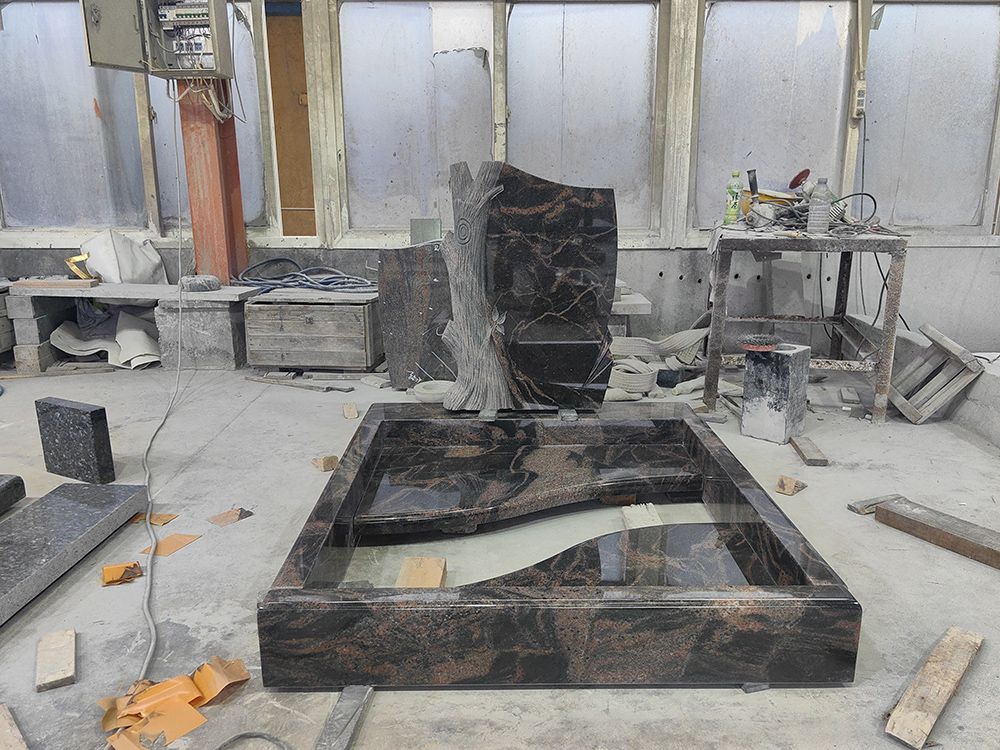Distinguer les assurances décès peut sembler complexe, mais elles se répartissent principalement en trois grandes catégories selon les besoins et la durée de couverture souhaitée. Voici un aperçu des différents types d'assurances décès et de leurs caractéristiques : 1. L’assurance temporaire décèsDurée limitée : Cette assurance est souscrite pour une période spécifique, comme 5, 10, 15 ou 20 ans. Versement du capital : Si l'assuré décède pendant la durée du contrat, un capital est versé aux bénéficiaires. Mais si l'assuré est encore en vie à la fin du contrat, il n'y a pas de capital versé. Usage : Idéale pour une couverture temporaire (par exemple, jusqu'à ce que les enfants deviennent autonomes financièrement). Coût : Souvent moins chère que l'assurance décès vie entière, car le risque pour l'assureur est limité dans le temps.
2. L’assurance décès vie entièreCouverture à vie : Cette assurance couvre l’assuré jusqu'à son décès, quelle que soit la date à laquelle il survient. Versement garanti : Un capital est systématiquement versé aux bénéficiaires au moment du décès, qu'il survienne dans les premières années ou après plusieurs décennies. Usage : Bien adaptée aux personnes qui souhaitent garantir un héritage pour leurs proches ou les protéger contre les frais d’obsèques. Coût : Les primes peuvent être plus élevées, mais elles assurent une sécurité financière permanente.
3. L’assurance obsèquesObjectif spécifique : Contrairement aux assurances décès traditionnelles, l’assurance obsèques est spécialement conçue pour financer les frais funéraires. Prestations et services : Le contrat peut inclure des prestations précises comme l'organisation des funérailles, la prise en charge des formalités administratives, et la couverture des frais d’obsèques. Versement du capital : Le montant versé est destiné aux funérailles uniquement et peut être versé directement à l'entreprise de pompes funèbres, ou bien aux proches pour qu’ils puissent organiser les obsèques. Usage : Pour les personnes souhaitant alléger le poids financier de leurs funérailles pour leurs proches.
Résumé des différences principales| Type d’assurance | Durée | Capital versé | Utilisation principale |
|---|
| Temporaire décès | Limitée (5-20 ans) | Si décès pendant la période | Protection temporaire des proches | | Décès vie entière | À vie | Toujours versé | Garantie d’un héritage ou de fonds pour les proches | | Obsèques | Jusqu’au décès | Pour couvrir les frais funéraires | Financer et organiser les obsèques |
En résumé, la principale différence réside dans la durée de couverture et l’utilisation du capital : l’assurance temporaire décès est temporaire, l’assurance décès vie entière est à vie, et l’assurance obsèques est exclusivement destinée aux frais funéraires. 
|


 Votre emplacement actuel:
Votre emplacement actuel: